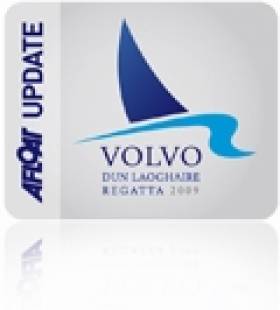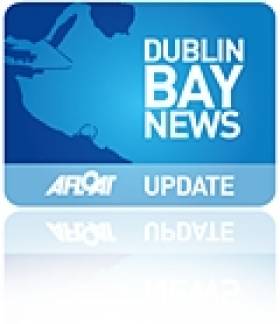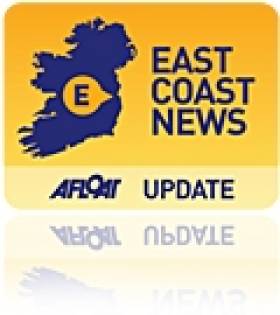Displaying items by tag: dmyc
Irish Sea Events Offer Entry Discounts
"The way this works is that the Clyde Cruising Club are offering a 25% rebate for boats from the 4 Dun Laoghaire Clubs (DMYC, NYC, RIYC, RStGYC) that enter the Brewin Dolphin Scottish series before the expiration of the early bird discount period which expires on April 22nd explained Dun Laoghaire event secretary, Ciara Dowling.
As a reciprocal arrangement the committee of the Volvo Dun Laoghaire Regatta are offering a discount of 50% from the full entry fee to all boats that enter both regattas. To avail of this, boats must register for the early bird entry fee in the Volvo Dun Laoghaire Regatta prior to 2 May 2011. Note the 50% discount will be applied to the full entry fee rate and not the early bird rate.
To avail of this arrangement for the Scottish Series contact the Brewin Dolphin Scottish Series office for details, [email protected] 0044141 221 2774.
To avail of this arrangement for the Volvo Dun Laoghaire regatta visit the event website at www.dlregatta.org or email [email protected]
The Scottish Series takes place from 27–30 May and the Dun Laoghaire regatta from July 7th–10th 2011.
In a further boost for Dun Laoghaire sailors heading north the feeder race from Bangor to Tarbert has been re-instated.
Troon and Largs Marinas are offering competitors berthing rate discounts around Scottish Series.
Competitors from Scotland coming to Dun Laoghaire are reminded that the entry fee to the regatta includes free berthing for the duration of the event.
The official Notice of Race and Online Entry are now available at www.dlregatta.org
Gringo Wins Dun Laoghaire Motor Yacht Club Regatta
The Dublin Bay Sailing Club Commodore's yacht Gringo was the Class one winner of Saturday's Dun Laoghaire Motor Yacht Club Regatta.Tony Fox beat John Hall's Something Else for the top result on IRC handicap.No results are available for Class Zero yet according to the DMYC website. The regatta was sailed in 8-10 knot southerly winds and the event replaced the normal Dublin Bay Sailing Club (DBSC) Saturday race. Other class results from the event are published here.
One week until Kish double-hander
The annual DMYC 2-handed Kish race takes place this Sunday, building on the double-hander class that has fond favour with ISORA racers this year. Doubleandsolo group president Olivier Prouveur today sent out a missive to interested parties, saying: "Already two ISORA races and a lot of fun for the 2-handed entries to date: Dinah (Barry Hurley + crew), Katanca (Barry O’Connor & Paul O’Riain), Big Hilly Style (Ross O’Leary & Bro.). Hope to see more of you taking part when your boats are ready!!
The NOR is online here with an entry form downloadable here.































































